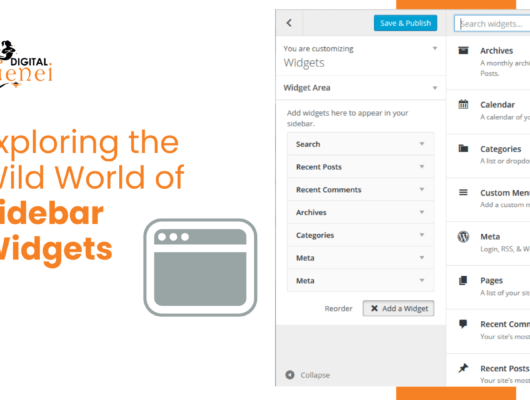Have you ever wondered what powers more than 40% of websites on the internet?
If you guessed WordPress, you’re absolutely right! WordPress has become synonymous with website creation and content management, but is it truly the best option for you?
In this article, we will delve into the pros and cons of WordPress, examining both its strengths and weaknesses, to help you make an informed decision for your online presence.
The Power of WordPress
WordPress is a fantastic tool for building websites - for the novice and the tech-savvy alike.
WordPress offers a user-friendly interface and a vast array of themes and plugins, making it accessible to both beginners and experienced developers. It provides a solid foundation for website creation, with a highly customizable framework and a wide range of design options. Whether you need a simple blog or a complex e-commerce site, WordPress can accommodate your needs.
Pros of WordPress
Ease of Use: One of the greatest strengths of WordPress is its intuitive and user-friendly interface. You don’t need to be a coding expert to create and manage your website. With its visual editor and drag-and-drop functionality, you can easily customize your site to match your vision.
Flexibility and Customization: WordPress offers a vast library of themes and plugins that allow you to customize your website to meet your specific requirements. Whether you want to add an online store, a contact form, or a photo gallery, there’s likely a plugin available that can help you achieve your goals.
SEO-Friendly:
WordPress automatically solves a ton of SEO issues.
Search Engine Optimization (SEO) is crucial for driving organic traffic to your website. WordPress is designed with SEO in mind, offering features like clean code, customizable permalinks, and the ability to easily integrate with popular SEO plugins. This makes it easier for search engines to crawl and index your site, improving your chances of ranking higher in search results.
Community Support:
WordPress is not only the most popular CMS, it is also the fastest-growing system.
With a massive community of developers and users, WordPress has a strong support system. You can find answers to your questions in forums, access tutorials, and benefit from the expertise of others. The active community also ensures that WordPress remains up-to-date with security patches and new features.
Cons of WordPress
Security Vulnerabilities: Due to its popularity, WordPress can be a target for hackers. If you don’t stay on top of security updates and use reliable plugins and themes, your site could be vulnerable to attacks. However, by following best practices and implementing security measures, you can significantly reduce the risk.
Learning Curve for Advanced Customization: While WordPress offers easy customization options, advanced customization may require some coding knowledge. If you have complex design requirements, you might need to hire a developer or spend time learning coding languages like HTML, CSS, and PHP.
Website Performance:
Speed is important. Faster websites create happy users
If not optimized correctly, WordPress websites can sometimes suffer from performance issues, especially if they have too many plugins or poorly optimized themes. However, by following performance optimization techniques, such as caching, image optimization, and using lightweight themes and plugins, you can significantly improve your website’s speed.
Regular Maintenance:
With great power comes great responsibility.
WordPress websites require regular updates, both for the core software and the themes and plugins you use. Neglecting updates can lead to compatibility issues, security vulnerabilities, and potential site crashes. It’s crucial to allocate time for routine maintenance to keep your website running smoothly.
Conclusion
WordPress has undoubtedly revolutionized the website creation landscape, offering a powerful platform with numerous benefits. Its ease of use, flexibility, and strong community support make it a top choice for many individuals and businesses. However, it’s important to be aware of its potential drawbacks, such as security vulnerabilities and the need for ongoing maintenance.
Ultimately, the decision of whether WordPress is the best option for you depends on your specific needs, technical expertise, and willingness to invest time and effort into managing your website effectively. Consider weighing the pros and cons outlined in this article to make an informed decision that aligns with your goals.





